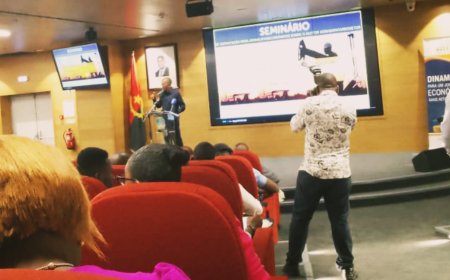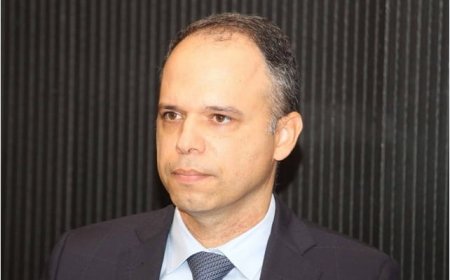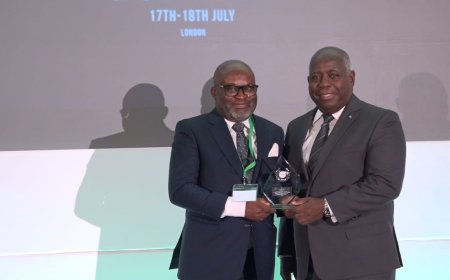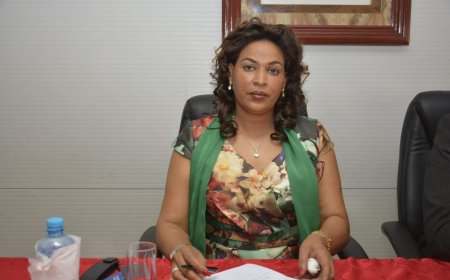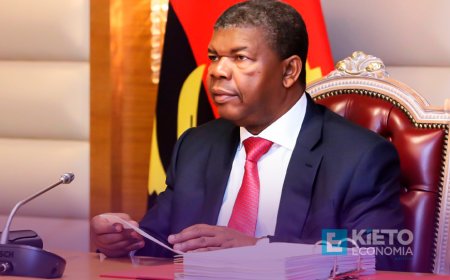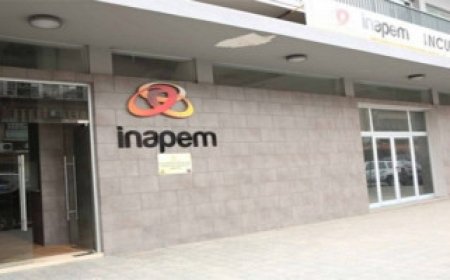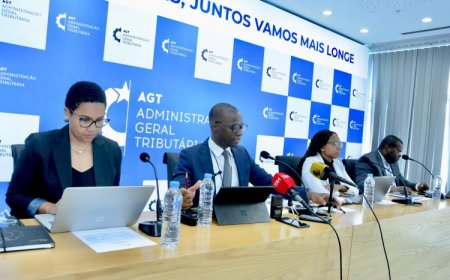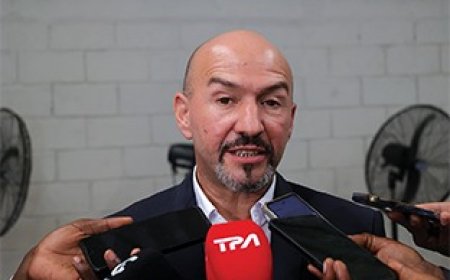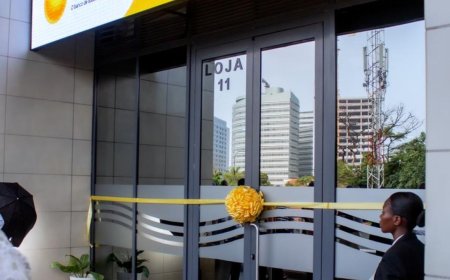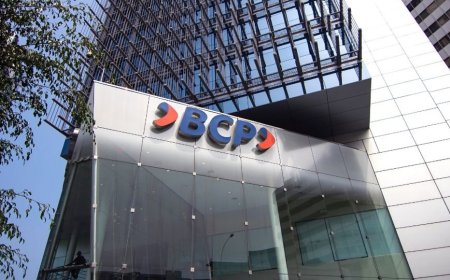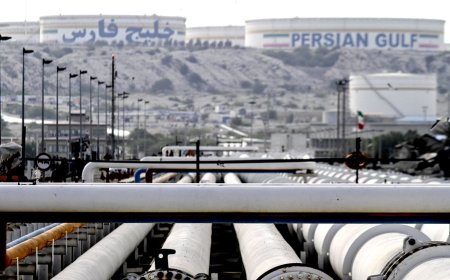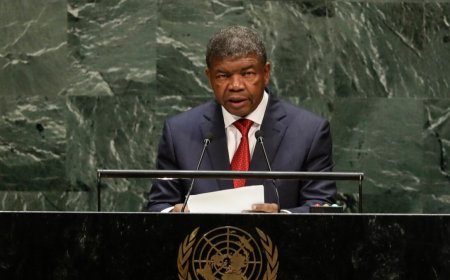CEO of Standard Bank Angola guarantees the institution's commitment to the UN sustainability program.
The bank has financing available for projects that aim to promote employment, education, health and social inclusion to eliminate dependence on financial aid within communities with the potential for production and food self-sufficiency in the medium term.
The CEO of Standard Bank Angola, Luís Teles, said this Tuesday, 29, in Luanda, that the sustainability strategy is in line with the National Development Plan (PDN 2023-2027) and the Sustainable Development Goals (SDGs) of the United Nations 2030 Agenda.
According to Luís Teles, who was speaking during a meeting with media professionals from public and private bodies, called "Breakfast with Journalists", during which the first sustainability report "Pact with Impact" was presented, as well as the new internet portal, the Bank has financing available for projects that aim to promote employment, education, health and social inclusion to eliminate dependence on financial aid within communities with the potential for food production and self-sufficiency in the medium term.
Ratified by almost all countries in the world and a member of the United Nations, the Sustainable Development Program is part of the '2030 Agenda', which is the result of joint work by governments and citizens from around the world to create a new global model to end poverty, promote prosperity and well-being for all.
It also aims to protect the environment and combat climate change and includes 17 Sustainable Development Goals (SDGs), successors to the 8 Millennium Development Goals, which should be implemented by all countries and covering such diverse but interconnected areas as: equitable access to quality education and health services; the creation of decent jobs; energy and environmental sustainability; the conservation and management of the oceans; the promotion of effective institutions and stable societies; and the fight against inequality at all levels.
In the Portuguese-speaking world, Portugal played an important role in the process of defining this Agenda 2030, with emphasis on the stronger defence of the objectives of promoting peaceful and inclusive societies, eradicating all forms of discrimination and gender-based violence, and conserving the seas and oceans, managing their resources in a sustainable manner.
With Jornal de Angola
CEO of Standard Bank Angola guarantees the institution's commitment to the UN sustainability program
The bank has financing available for projects that aim to promote employment, education, health and social inclusion to eliminate dependence on financial aid within communities with the potential for production and food self-sufficiency in the medium term.

The CEO of Standard Bank Angola, Luís Teles, said this Tuesday, 29, in Luanda, that the sustainability strategy is in line with the National Development Plan (PDN 2023-2027) and the Sustainable Development Goals (SDGs) of the United Nations 2030 Agenda.
According to Luís Teles, who was speaking during a meeting with media professionals from public and private bodies, called "Breakfast with Journalists", during which the first sustainability report "Pact with Impact" was presented, as well as the new internet portal, the Bank has financing available for projects that aim to promote employment, education, health and social inclusion to eliminate dependence on financial aid within communities with the potential for food production and self-sufficiency in the medium term.
Ratified by almost all countries in the world and a member of the United Nations, the Sustainable Development Program is part of the '2030 Agenda', which is the result of joint work by governments and citizens from around the world to create a new global model to end poverty, promote prosperity and well-being for all.
It also aims to protect the environment and combat climate change and includes 17 Sustainable Development Goals (SDGs), successors to the 8 Millennium Development Goals, which should be implemented by all countries and covering such diverse but interconnected areas as: equitable access to quality education and health services; the creation of decent jobs; energy and environmental sustainability; the conservation and management of the oceans; the promotion of effective institutions and stable societies; and the fight against inequality at all levels.
In the Portuguese-speaking world, Portugal played an important role in the process of defining this Agenda 2030, with emphasis on the stronger defence of the objectives of promoting peaceful and inclusive societies, eradicating all forms of discrimination and gender-based violence, and conserving the seas and oceans, managing their resources in a sustainable manner.
With Jornal de Angola
What's Your Reaction?







